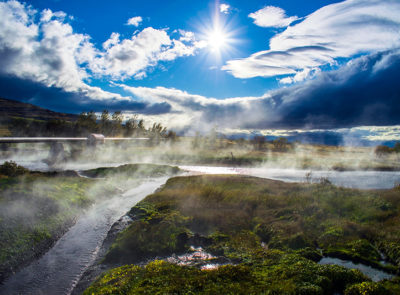
Though the federal government is granting COVID-19 virus compliance relief, most authorizations are provided by individual states (e.g., NPDES Permits) and localities (e.g., county or city). Therefore, questions have come up about the success of requesting compliance relief from your state or local regulator during the COVID-19 virus pandemic. Answers to the following questions may help you in your thought process of requesting compliance relief from a state or locality.
Question 1 – Are you considered an essential business in your state or locality?
Essential businesses are required to operate and therefore, a state or locality may be open to further discussions about compliance relief. Non-essential businesses, if operating, may have a tougher time to request compliance relief. However, a non-essential business that is not operating may have the best chance of requesting compliance relief since the business is supposed to be shut down without access to employees.
Question 2 – Do you rely on outside contractors for compliance?
Most small businesses rely on consultants and laboratories to perform the monitoring and reporting that are required by the individual authorization. If the consultant or laboratory that are you using are deemed to be non-essential or are closed due to sickness from the COVID-19 virus, then you may not have the ability to conduct the monitoring and/or reporting. Before approaching your state and/or locality, you should also be able to demonstrate that an effort was made to find a substitute laboratory and/or consultant.
Question 3 – What types are your discharges?
Are you a business with a high-volume of process-related discharges (i.e., not including cooling waters) and/or has elevated levels of toxics and/or organics (e.g., treated POTW discharges)? If you are, then there is probably less of a chance that compliance relief would be granted by the state or locality. Businesses with smaller and less toxic discharges may have a better chance of requesting relief.
Question 4 – Do you have a good compliance history?
Businesses with a good compliance history will have a better chance of requesting compliance relief than a business without.
Regardless of your answers to these questions, it is always wise to reach out to your state or locality to discuss the possibility of requesting relief.



